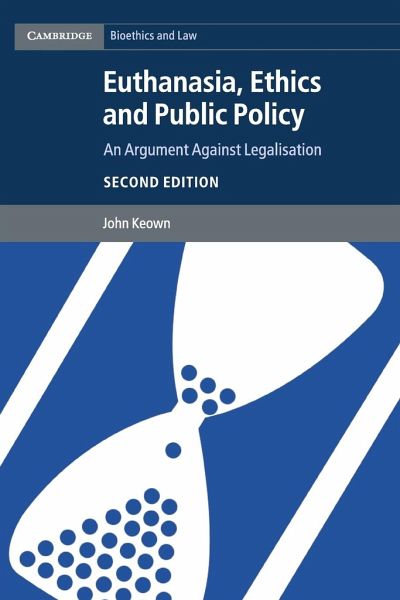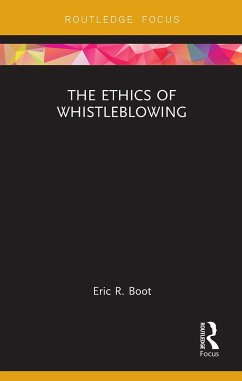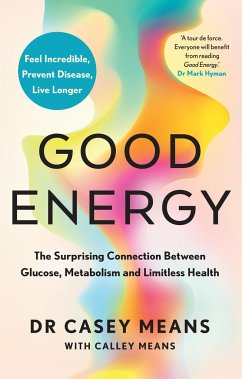
Euthanasia, Ethics and Public Policy
Versandkostenfrei!
Versandfertig in 1-2 Wochen
51,99 €
inkl. MwSt.

PAYBACK Punkte
26 °P sammeln!
The book explains to the reader (general or specialist) the powerful 'slippery slope' arguments against legalising 'assisted dying'. Drawing on the experience of legalisation in the Netherlands, Belgium and Oregon, it shows that 'assisted dying' cannot be effectively controlled by law.











